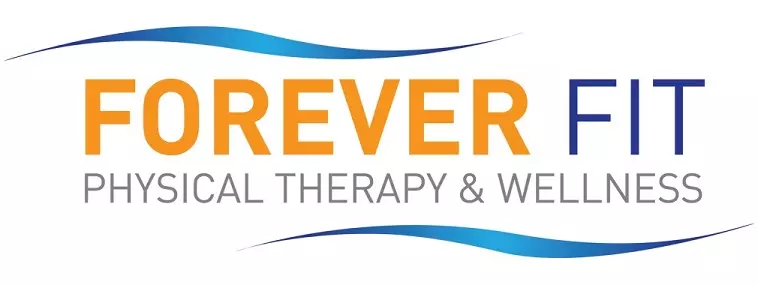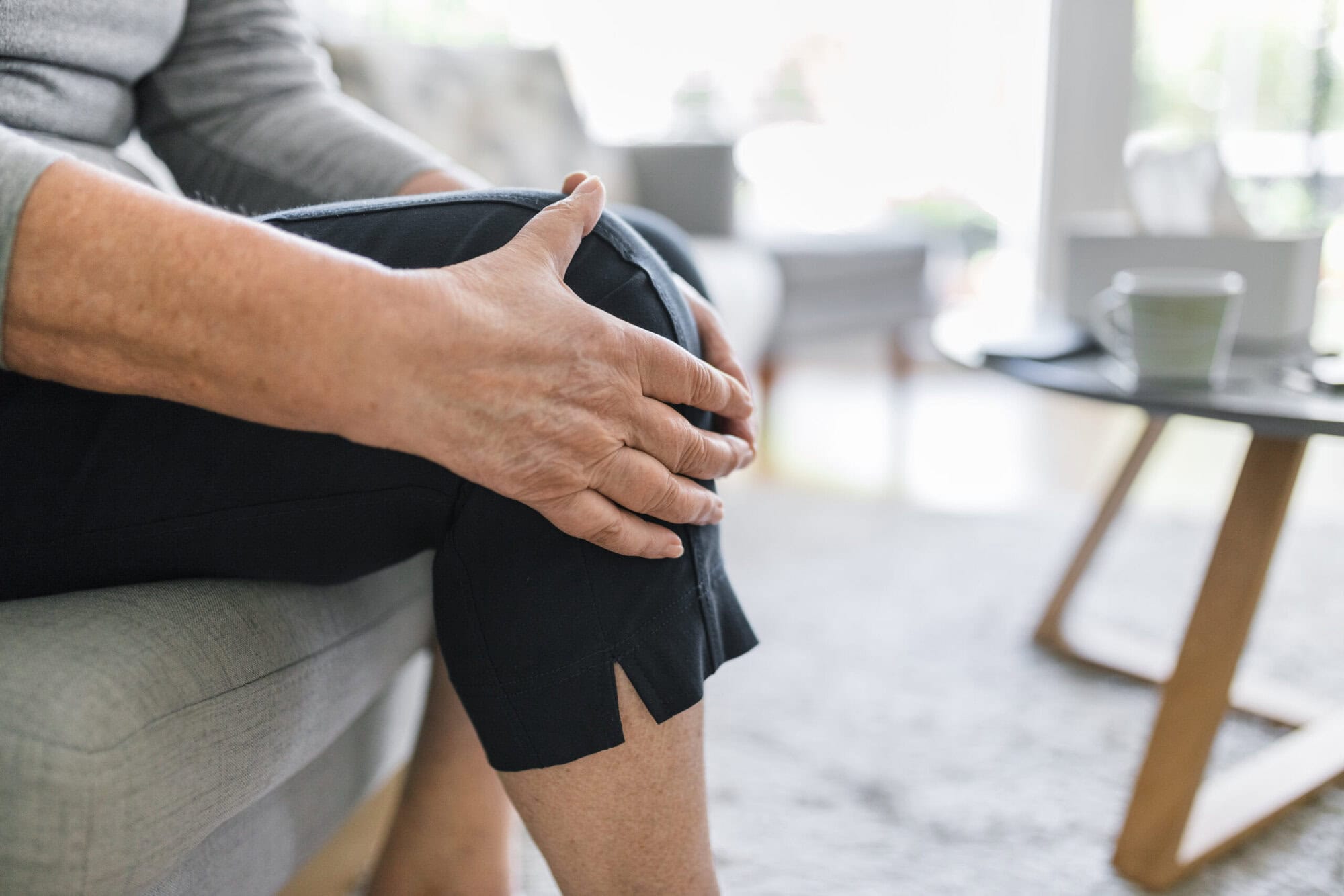When cartilage in the joints wears down, it can lead to significant pain, stiffness, and a reduced range of motion. This condition is known as degenerative arthritis. Also known as osteoarthritis, it is the most common type of arthritis and affects approximately 20.7 million adults in the United States. It can affect multiple areas of the body, including the hands, knees, hips, and lower back.
While surgery may be needed for severe cases, physical therapy may be able to provide some relief. Under the guidance of a licensed physical therapist, customized exercises and treatments may help make daily tasks easier. The goal of physical therapy is to help ease pain, increase your flexibility, and improve your range of motion. At Forever Fit, we can work with you to help manage your symptoms. Plus, we have seen many people alleviate their degenerative arthritis symptoms through physical therapy, so it may be possible for you, too.
Let’s explore five physical therapy approaches that can help you manage degenerative arthritis, so you might find relief without surgery.
1. Customized exercise programs
Therapeutic exercises are designed to help improve your range of motion and make your daily activities easier. These exercises may strengthen joints and muscles, which can reduce pain and inflammation in the body. A licensed physical therapist can tailor an exercise program to your needs and guide you through it safely. For example, if you have degenerative arthritis in your knees, your physical therapist may recommend knee-strengthening exercises. Throughout this process, you receive expert support as you perform exercises that may help you build strength, improve your flexibility, and move more comfortably.
2. Manual therapy techniques
Manual therapy uses hands-on techniques that are designed to help reduce stiffness. Joint mobilization and soft tissue mobilization are two common types of manual therapy. During joint therapy, a physical therapist uses hands-on techniques such as joint mobilizations to help release tension in your joints. Soft tissue mobilization can help address the tight muscles that may be causing your stiffness. The goal of manual therapy is to help relieve pain and reduce stiffness. By reducing stiffness in the affected area, this treatment may also improve joint function. As a result, manual therapy may make it easier for you to move and perform your daily tasks more comfortably.
3. Pain relief modalities
Pain relief modalities, such as dry needling, may help ease discomfort. Dry needling is a technique that targets trigger points in muscles with thin needles. This process is designed to help relieve pain and improve mobility. Heat and cold therapies are other pain relief modalities that may ease degenerative arthritis pain. Heat can improve blood flow and relax muscles, while cold therapy can reduce swelling. Your physical therapist may recommend a pain relief modality and determine which approach is best to help ease your degenerative arthritis symptoms.
4. Assistive devices
Assistive devices like braces and splints are designed to support your joints affected by degenerative arthritis. They may help improve stability and reduce pain as you move. For instance, if you have degenerative arthritis in your hand, a wrist splint may be recommended. It may help reduce movements that trigger pain and give you support throughout the day. A physical therapist can let you know if an assistive device may be helpful for you. If it is, you can receive an expert recommendation on a device that is helpful and comfortable for you.
Assistive devices are often recommended on a temporary basis. If your body builds strength and you no longer need an assistive device, your physical therapist can let you know if it is safe to stop using it.
5. Lifestyle modifications
Changes to your daily routine may help you reduce degenerative arthritis pain. These lifestyle modifications may include starting a low-impact exercise routine. This modification may help improve your strength and mobility. Additionally, these exercises can be tailored to fit your needs. Your physical therapist may also advise you how to do daily tasks without triggering your symptoms. For example, if stretching triggers your degenerative arthritis pain, you can try putting frequently-used items at waist-height to reduce stretching. Or if you have pain in your wrist opening a jar, you may find a jar opener helpful. Your physical therapist can work with you to recommend appropriate changes.
Find expert support to help relieve degenerative arthritis at Forever Fit
If you have degenerative arthritis, we understand how painful this condition can be. That’s why our team is here to help you. Whether you want to reduce pain or perform your daily routine more comfortably, our licensed physical therapists can tailor a plan to meet your needs.
At Forever Fit, we’re proud to serve Severna Park, Frederick, Gaithersburg, and several other cities in Maryland. No matter which location you visit, you can find expert support that may help relieve your degenerative arthritis symptoms.
Contact our team today for more information or to schedule an initial appointment.

